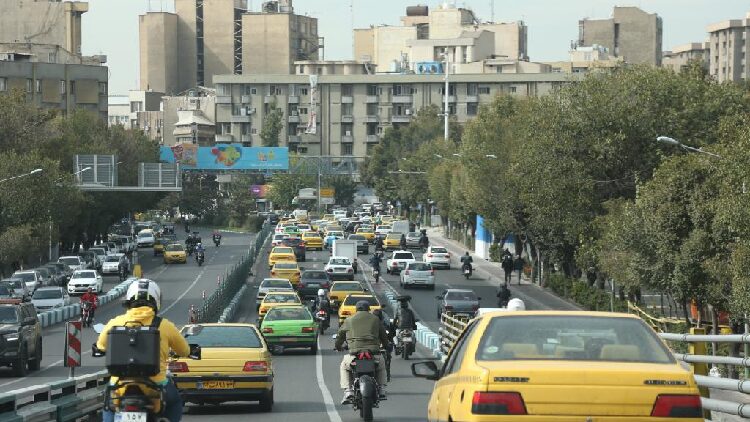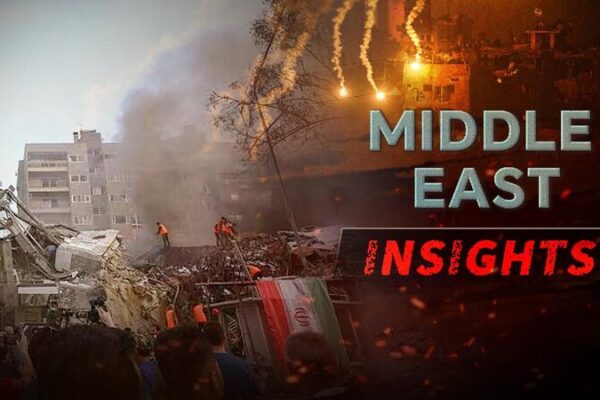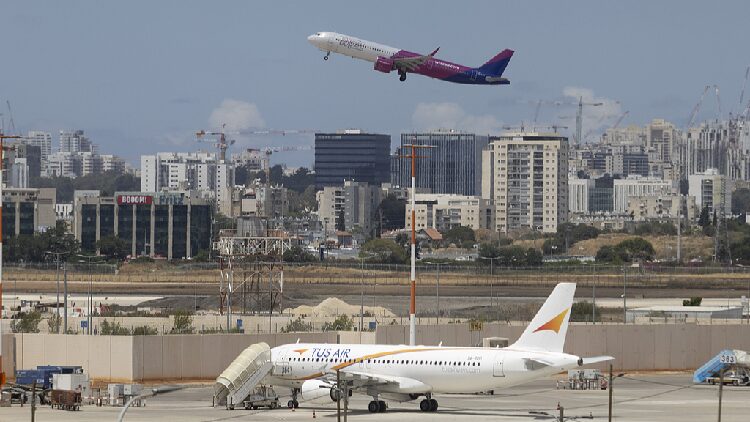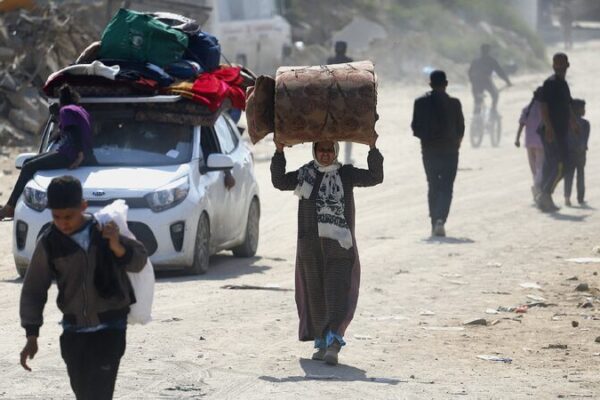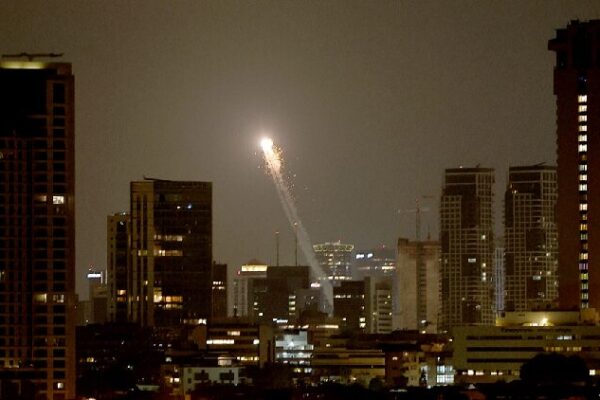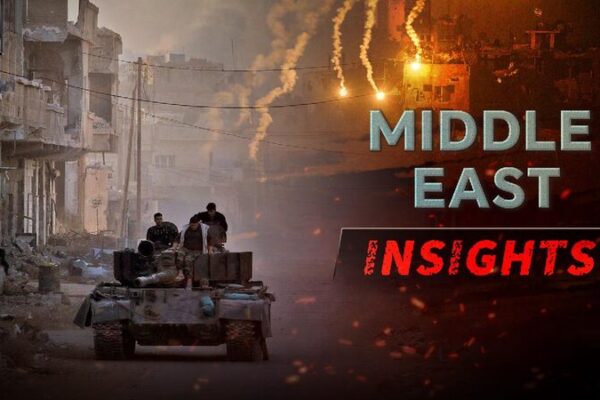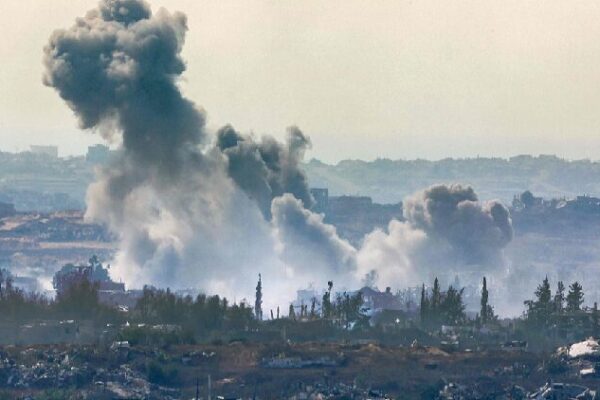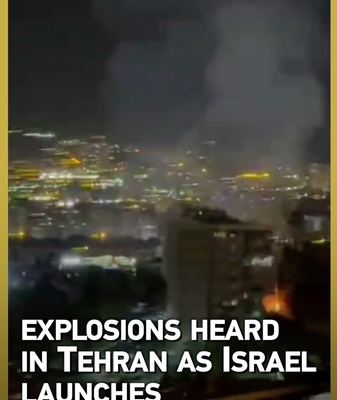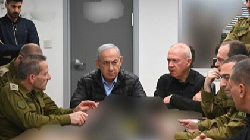The Middle East stands at a crossroads as Israel and Iran navigate a fragile peace amid rising tensions. Recent events have put both nations on edge, with the specter of conflict looming over the region.
On October 1, Iran launched a missile attack against Israel, igniting public outcry within Israel for a decisive military response. Despite strong domestic pressure, Israeli leadership has delayed immediate retaliation, causing frustration among its citizens. Prime Minister Benjamin Netanyahu announced that any response would occur before the upcoming U.S. presidential election, setting a firm timeline for action.
Israel faces a complex dilemma. During Iran’s previous missile attack, Israel’s advanced air defense systems—known as the "Arrow," "David’s Sling," and "Iron Dome"—failed to intercept the missiles effectively. This vulnerability forces Israel to carefully consider the potential repercussions of any military strike, particularly the risk of a significant Iranian counterattack.
Both Israel and Iran appear reluctant to escalate the situation into a full-scale conflict. Media outlets on both sides have proclaimed victory in recent engagements, aiming to satisfy domestic audiences without provoking further aggression. Israeli newspapers declare significant blows against Iran, while Iranian media reports successful defenses with minimal losses.
Regional neighbors and global powers are equally wary of an extended conflict. Countries like Saudi Arabia, Jordan, and Iraq have expressed a desire for de-escalation, and the United States has distanced itself from direct involvement, hoping for a peaceful resolution.
However, uncertainties persist. Fierce rhetoric continues to dominate public discourse in both countries. In Israel, some criticize the government’s actions as too lenient, while Iranian hardliners demand immediate retaliation for perceived humiliations. This atmosphere of hostility increases the risk of renewed clashes.
Adding to the tension is the potential involvement of allied groups within the Iranian-led "Axis of Resistance," such as the Houthis in Yemen and Shia militias in Syria and Iraq. These groups might act independently, responding to Israeli strikes in ways that could be seen as sanctioned by Iran. A recent drone attack by Hezbollah on the Israeli prime minister’s private residence heightened these concerns.
Israel’s ongoing military operations in Lebanon, the Gaza Strip, and sporadic strikes in Yemen, Iraq, and Syria further complicate the situation. Continued targeting of senior figures in groups like Hezbollah and Hamas fuels hardline sentiments within Iran.
The lack of direct communication channels between Israel and Iran only exacerbates the situation. Without dialogue, misunderstandings can escalate rapidly, making it unlikely that tensions will ease completely in the near future. The region watches closely as both nations tread carefully on the thin line between peace and conflict.
Reference(s):
cgtn.com
